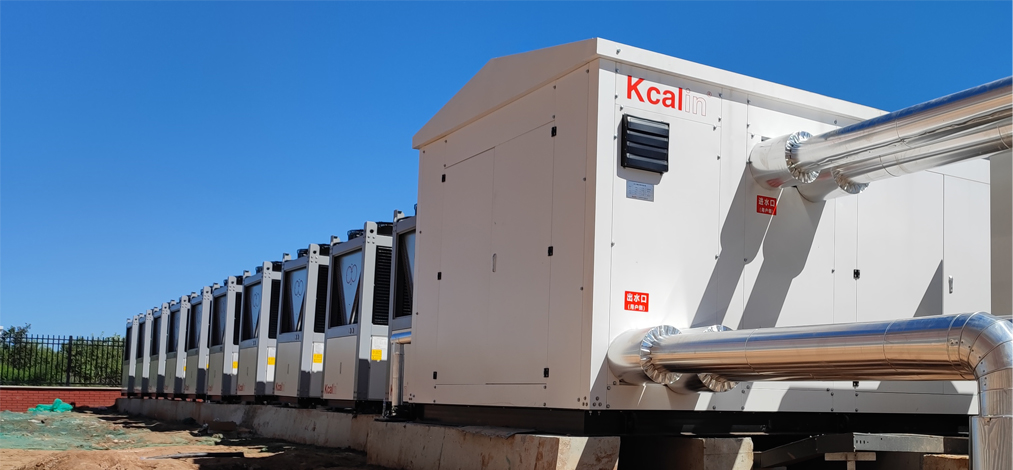With the continuous development of sustainable energy and energy-saving technologies, educational institutions are increasingly concerned about adopting environmentally friendly and efficient heating systems. The school air source heat pump heating system has become a popular choice, providing sustainable, economical, and comfortable heating solutions for schools.
Traditional heating systems, such as coal-fired or natural gas boilers, pose some challenges, especially in educational institutions:
Energy waste: Traditional heating systems typically have low energy efficiency, leading to energy waste.
Carbon emissions: The use of coal-fired or natural gas heating systems can increase carbon emissions and have a negative impact on the environment.
High energy costs: The constantly rising fuel costs keep the energy expenditure of traditional heating systems high.
Maintenance difficulties: The maintenance and upkeep of traditional heating equipment is expensive and requires regular inspection and repair.
The introduction of school air source heat pump heating systems has brought a series of important advantages to educational institutions:

Energy efficiency: Air source heat pump systems can convert heat energy from external air into indoor heating, resulting in higher energy utilization efficiency.
Environmental protection: Due to the lack of combustion process, the air source heat pump system does not generate direct carbon emissions, which helps to reduce the environmental impact of the school.
Energy cost savings: Compared to traditional heating systems, air source heat pump systems can reduce energy costs and save money for schools.
Renewable energy integration: Air source heat pump systems can easily be combined with renewable energy sources such as solar or wind, further reducing energy supply costs.
Controllable temperature: These systems have excellent temperature control capabilities, ensuring that the temperature in the classroom is always comfortable.
Low maintenance cost: Compared to traditional boilers and other equipment, the maintenance cost of air source heat pump systems is lower.
The introduction of air source heat pump heating systems in schools may require some investment, but the return on investment is obvious:
Reducing energy costs: The use of air source heat pump systems reduces energy costs for schools, which can save a lot of money and be used for other education projects.
Improving the school's image: The sustainability measures of the school help to enhance its social image and attract more parents and students.
Reducing carbon emissions: The use of air source heat pump systems reduces carbon emissions in schools and helps protect the environment.
Long term investment return: Although the initial investment is relatively high, over time, the school will achieve more economic benefits.
The application of air source heat pump heating systems in educational institutions is expected to continue to grow, and the following trends may occur in the future:
Intelligence and automation: Intelligent control systems will allow users to better monitor and manage the heating process, improving system efficiency.
More efficient and reliable: New materials and designs will improve the efficiency and reliability of the system to more effectively convert heat energy.
Renewable energy integration: The system can be combined with renewable energy to further reduce environmental impact.
Application expansion: The air source heat pump heating system may be expanded to more educational institutions in the future, including universities, primary and secondary schools, and kindergartens.
Introducing a school air source heat pump heating system is a key step in innovation for educational institutions, helping to improve heating efficiency, reduce energy costs, and reduce environmental impacts. This not only provides a more comfortable learning and working environment for the school, but also helps to enhance the school's image and attract more students and parents. Through reasonable investment and scientific operation management, educational institutions will benefit from the economic benefits of air source heat pump heating systems in the future, and make positive contributions to sustainable development and environmental protection. With the continuous development of technology, we can expect more applications and improvements to make these systems more intelligent, efficient, and environmentally friendly.







Comment